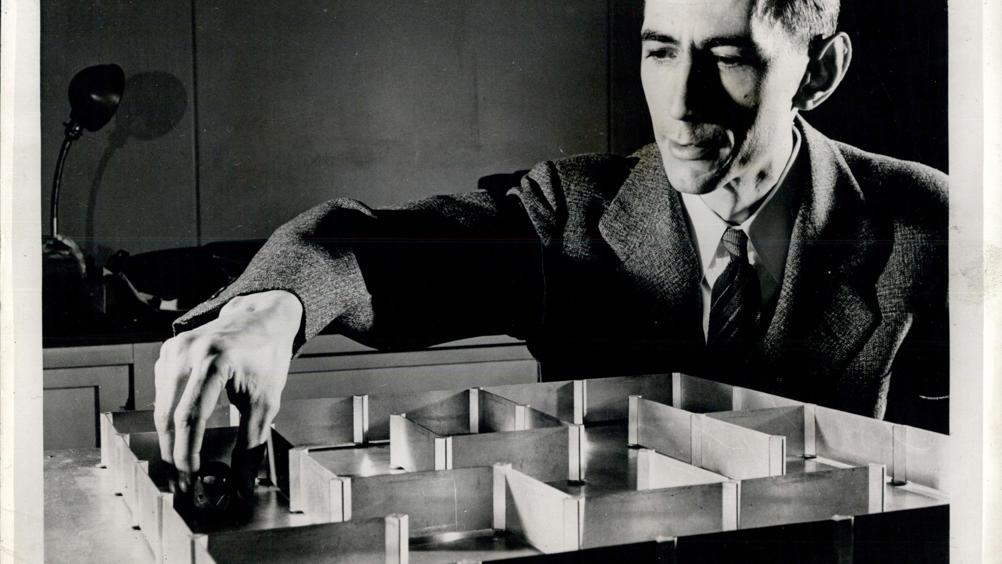Late great engineers: Claude Shannon - father of the Information Age
American mathematician, electrical engineer and computer scientist Claude Shannon laid the foundations for the Information Age and was an early pioneer of artificial intelligence. Written by Nick Smith

There’s an anecdote about Claude Shannon that describes the moment when the engineer was about to make an after-dinner speech at a symposium on information theory. Introduced as ‘one of the greatest scientific minds of our time’ the thin, white-haired man in his late sixties rose to his feet to tumultuous applause. The din of approval was so great that he could hardly make his voice heard. Finding the scenario ‘ridiculous’, Shannon took three balls from his pocket and, instead of delivering his address, entertained the guests with a juggling act. ‘It was as if Newton had showed up at a physics conference’, said the organiser. He was right. That is if Isaac Newton had published in 1948 A Mathematical Theory of Communication, dubbed the ‘Magna Carta of the Information Age’ by Scientific American.
The incident at the banquet was in 1985, more than a quarter of a century before Jimmy Soni and Rob Goodman wrote A Mind at Play, the first proper biography of the eccentric genius Shannon, whose intellectual prowess and scientific achievements are routinely ranked alongside those not just of Newton, but Albert Einstein. It’s a moment that so perfectly captures Shannon that the authors use it as their ‘cold open’ to introduce the life of a man distantly related to Thomas Edison who, like his illustrious forebear, contributed hugely to the technology template of the world today. As his obituary in MIT News states, Shannon was ‘the father of modern digital communications and information theory’, who in Soni and Goodman’s words was ‘the architect of the Information Age, whose insights stand behind every computer built, email sent, video streamed, and webpage loaded.’
Register now to continue reading
Thanks for visiting The Engineer. You’ve now reached your monthly limit of premium content. Register for free to unlock unlimited access to all of our premium content, as well as the latest technology news, industry opinion and special reports.
Benefits of registering
-
In-depth insights and coverage of key emerging trends
-
Unrestricted access to special reports throughout the year
-
Daily technology news delivered straight to your inbox










Water Sector Talent Exodus Could Cripple The Sector
Maybe if things are essential for the running of a country and we want to pay a fair price we should be running these utilities on a not for profit...